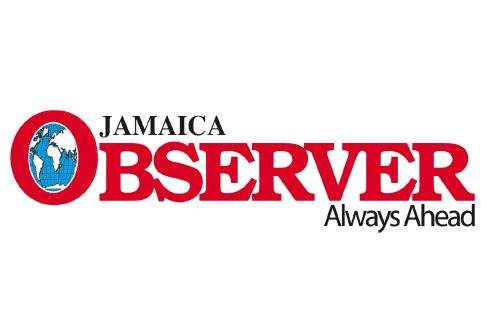Last week we reviewed in some detail the first five of 10 management skills employers are looking for when selecting management talent. They were:
• Performance Management
• Supervising Others
• Conflict Resolution
• Emotional Intelligence
• Communication & Coaching Skills
For aspiring managers, perhaps the descriptions of the first five competencies were enough to scare you off. If so, that’s understandable and equally beneficial to establish a better appreciation for what you DO and DON’T want to do. I encourage you to chart your path on the often less-stressful road of the highly skilled independent contributor, aka the subject matter experts. Let’s do a deeper dive into the final five attributes. Remember to have a friend interview you and rate each response.
• Team-Building & Motivation Skills
What methods do you use to motivate your team to perform well in the face of challenges? Describe the actions you take to ensure the dynamics of your team are positive.
• Delegation
Describe how you share your workload. Give an example of when an important task had to be delegated — what criteria did you use to select which team member was given the task? How do you control the output without micromanaging?
• Integrity
Give an example of when you were given instructions to carry out that were out of line with what you believe was the right thing to do; how did you handle it? Give an example of an area in which you believe you compromised your integrity, and what steps have you since taken to grow in that area?
• Resource Management
What scope of resources have you been entrusted to manage? What methods and processes do you employ to ensure the resources are efficiently managed? When procuring additional resources, provide examples of the criteria you use. Describe a time when resources were mismanaged. What was the impact and what did you learn?
Subject Matter Expertise
Describe the skills and functions in which you are an expert. What steps did you take to master the skill and how do you maintain your edge? Have you been involved in training others to become experts?
Once you’ve been rated on the 10 management skills above, take a look at those on which you scored lower and make them your personal development goals. How? By seeking out new experiences that demand these skills. This can include attending seminars, reading multiple books on the topics, asking management peers for their advice, and seeking out projects at work and in the community. The more experiential your learning is, the more you will learn and grow. And remember, attaining higher goals takes time and focus, so take your time to enjoy each exercise and the journey on which you have embarked. Managers bear a heavy load but the intrinsic rewards are greater, so never become too busy learning or managing that you can’t enjoy the ride.
Until then, Leaders Keep Lookin’ Up!
Debra Fraser, MBA, is CEO of Caribbean HR Solutions and is a member of the BPIAJ, Human Resource Management Association of Jamaica, and Society of Human Resources Management. Direct comments to dfraser@ caribbeanhrsolutions.com or www.caribbeanhrsolutions.com
Read article




 e past few decades, we’ve witnessed the evolution of workplace philosophy from just focusing on managing staff to placing greater emphasis on leading team members. On the surface, the difference may seem semantic or mere wordplay, but the distinction is very important and in my opinion is a significant characteristic driving the BPO sector, an industry which is transforming Jamaica’s economic landscape.
e past few decades, we’ve witnessed the evolution of workplace philosophy from just focusing on managing staff to placing greater emphasis on leading team members. On the surface, the difference may seem semantic or mere wordplay, but the distinction is very important and in my opinion is a significant characteristic driving the BPO sector, an industry which is transforming Jamaica’s economic landscape.


